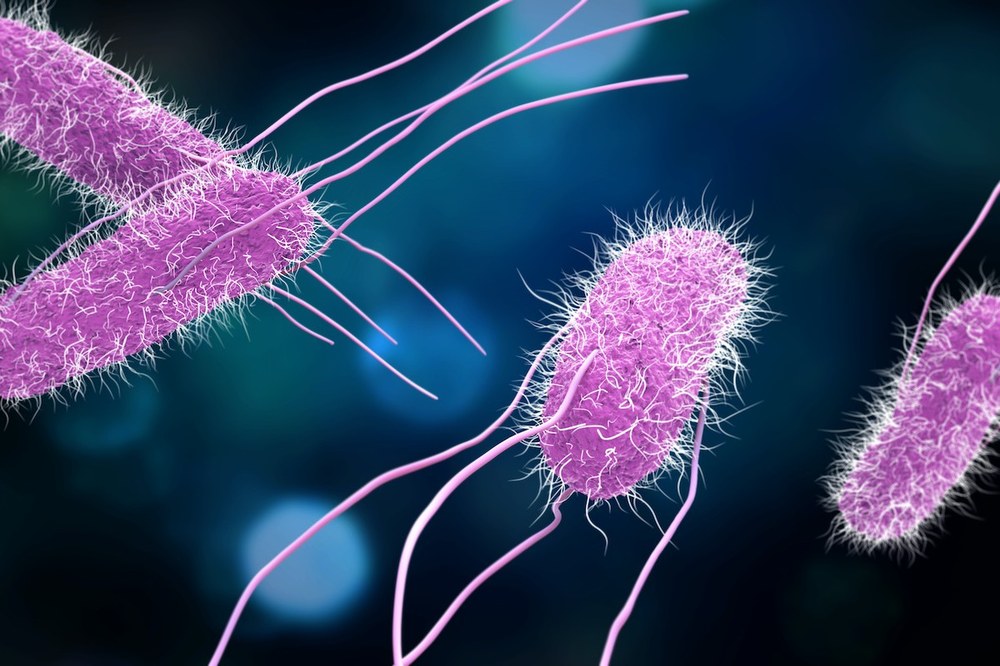Whole-genome sequencing may help food safety officials to respond faster and more accurately

Image credit: Adobe Stock
Problem
How can researchers and public health officials respond more quickly to foodborne illness outbreaks?
Approximately two to three million people in the United States are infected each year by Salmonella, a diarrheal disease typically acquired through food.
Findings
Researchers used whole-genome sequencing to identify signatures in the genomes in order to rapidly match strains from humans and food. This method also identified mechanisms by which Salmonella isolates in Pennsylvania are increasingly resistant to antibiotics.
- Data from Penn State and other labs are stored on the U.S. Food and Drug Administration's GenomeTrakr to allow real-time comparison and analysis to speed up foodborne illness outbreak investigations and reduce consequent illnesses and deaths.
Impact
Comparing and classifying Salmonella samples during an outbreak could give health officials the ability to identify possible sources of the disease and more accurately monitor its progress and provide warnings, thus helping to reduce further incidences.
- Demonstrating that Salmonella isolates from food are genetic matches to those from ill patients is a critical first step to understanding how a foodborne outbreak occurred.
- This work is assisting the Pennsylvania Department of Health as they increasingly use whole-genome sequencing in their routine workflow.
Research Area: Integrated Health Solutions
Research Credit
Team
- Edward Dudley, Andrea Eyler (Keefer), Hillary Mosso (Figler), Lingzi Xiaoli, Nkuchia M'ikanatha
Participating Departments
Partners
- Pennsylvania Department of Health, Penn State Huck Institutes of the Life Sciences, Penn State E. coli Reference Center, Penn State Institute for Computational and Data Sciences
Competitive Funding
- U.S. Food and Drug Administration
Federal and State Appropriations
- USDA NIFA Hatch Project PEN04644, Accession #1015714
Emerging Discoveries
Whole genome sequencing may help officials get a handle on disease outbreaks
Published Research
Use of whole genome sequencing in surveillance for antimicrobial-resistant Shigella sonnei infections acquired from domestic and international sources
- Abelman, R. L., M'ikanatha, N. M., Figler, H. M., & Dudley, E. G. (2019). Use of whole genome sequencing in surveillance for antimicrobial-resistant Shigella sonnei infections acquired from domestic and international sources. Microbial genomics, 5(5). https://doi.org/10.1099/mgen.0.000270
Office for Research and Graduate Education
Address
217 Agricultural Administration BuildingUniversity Park, PA 16802-2600
- Email agresearch@psu.edu
- Office 814-865-3136
Office for Research and Graduate Education
Address
217 Agricultural Administration BuildingUniversity Park, PA 16802-2600
- Email agresearch@psu.edu
- Office 814-865-3136


